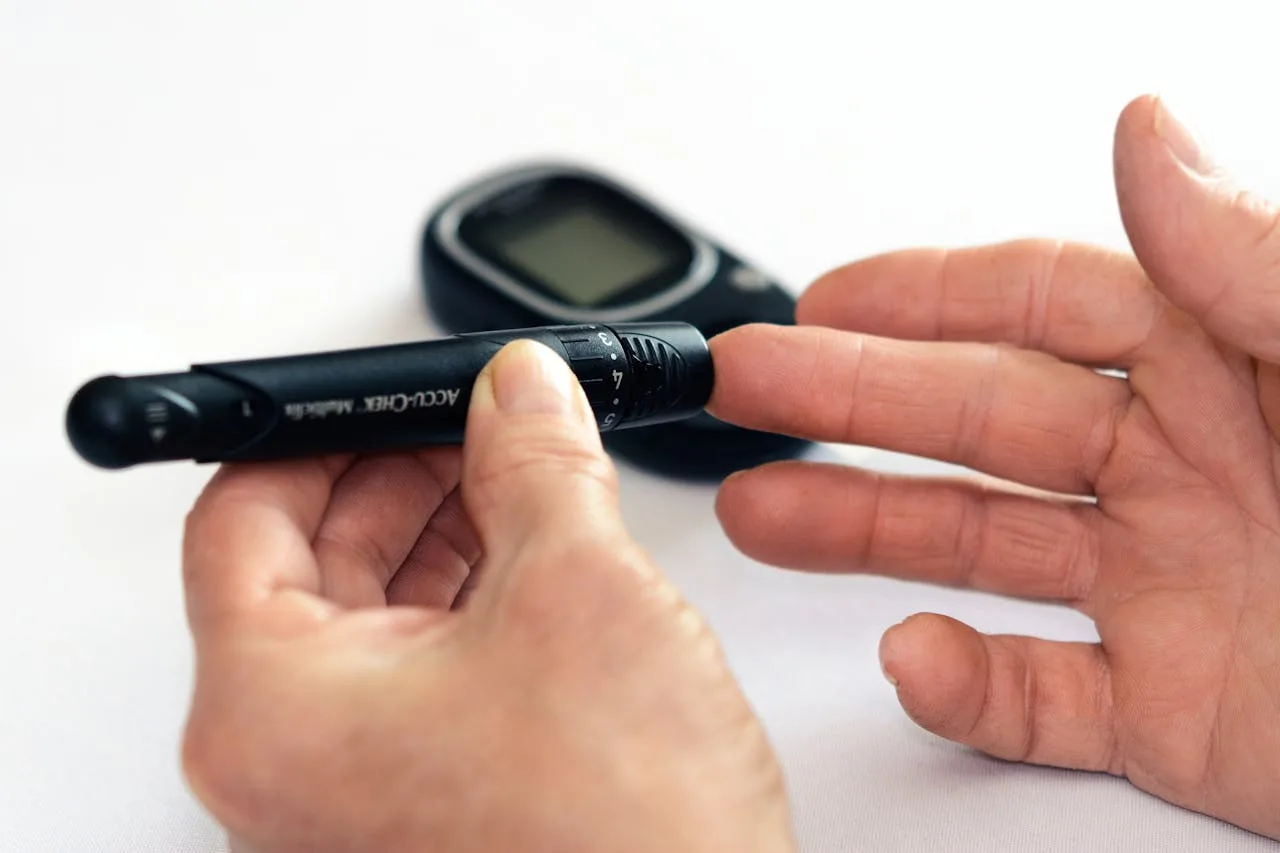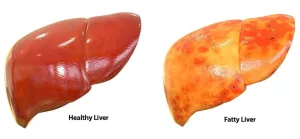A recent study has found that a once-weekly insulin injection is as effective as daily insulin for managing blood sugar levels in people with type 2 diabetes. The research, published in the New England Journal of Medicine (NEJM) and presented at the Annual Meeting of the European Association for the Study of Diabetes (EASD), highlights insulin efsitora alfa (efsitora) as a promising alternative to traditional daily insulin injections like insulin degludec. The study was led by Dr. Carol Wysham from the MultiCare Rockwood Center for Diabetes and Endocrinology in Spokane, Washington.
What is Insulin Efsitora Alfa?
Insulin efsitora alfa is a novel basal insulin designed for weekly administration. Unlike conventional daily injections, this new formulation aims to simplify diabetes management for patients. While early trials have been limited, this large-scale phase 3 trial is the first to compare efsitora with a widely used daily insulin, insulin degludec.
Study Details and Findings
The study involved 928 participants who had not yet started insulin therapy but were struggling to achieve blood sugar control with oral medications alone. Participants were randomly assigned to receive either once-weekly efsitora or daily insulin degludec. The primary outcome measured was the change in glycated hemoglobin (HbA1c) levels after 52 weeks of treatment.
- Efsitora Group: HbA1c levels decreased from 8.21% to 6.97%, a reduction of 1.26%.
- Degludec Group: HbA1c levels dropped from 8.24% to 7.05%, a reduction of 1.17%.
The results showed that efsitora was non-inferior to degludec with a treatment difference of just 0.09%.
Additional Outcomes
Secondary outcomes assessed included the percentage of time blood sugar levels remained within the target range (70-180 mg/dL). The efsitora group spent 64.3% of time within this range, compared to 61.2% for the degludec group. This 3.1 percentage point difference was statistically significant, indicating better overall blood sugar control with efsitora.
Hypoglycemia and Safety
Hypoglycemia, a common concern in diabetes management, was also evaluated. The efsitora group experienced 0.58 hypoglycemic events per participant per year, compared to 0.45 events in the degludec group. However, the difference was not statistically significant, and no severe hypoglycemia was reported in the efsitora group, while six severe episodes occurred in the degludec group.
Implications and Future Directions
The study suggests that efsitora offers a convenient and effective alternative to daily insulin injections. It could potentially simplify insulin therapy and improve patient adherence by reducing the frequency of injections. Additionally, efsitora can be used in combination with newer treatments like glucagon-like peptide-1 (GLP-1) receptor agonists, which are increasingly popular in type 2 diabetes management.
Dr. Wysham and her team emphasize that efsitora’s potential benefits align with current treatment trends and patient preferences, making it a promising advancement in diabetes care. Future research will focus on further evaluating efsitora’s long-term safety and efficacy, as well as its compatibility with other diabetes treatments.
Conclusion
This study highlights insulin efsitora alfa as a viable option for managing type 2 diabetes with the added benefit of fewer injections. As researchers continue to explore its potential, efsitora could play a significant role in improving diabetes management and patient quality of life.
Type2Diabetes, #InsulinEfsitora, #DiabetesTreatment, #OnceWeeklyInsulin, #BloodSugarControl, #Efsitora, #InsulinTherapy




+ There are no comments
Add yours